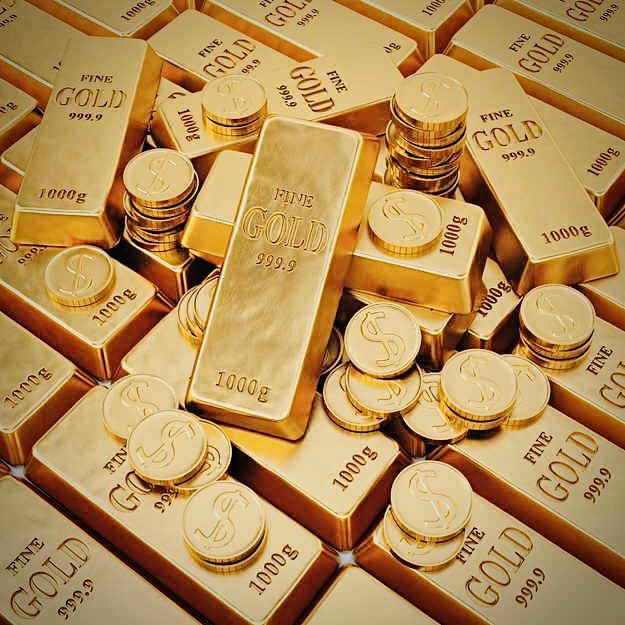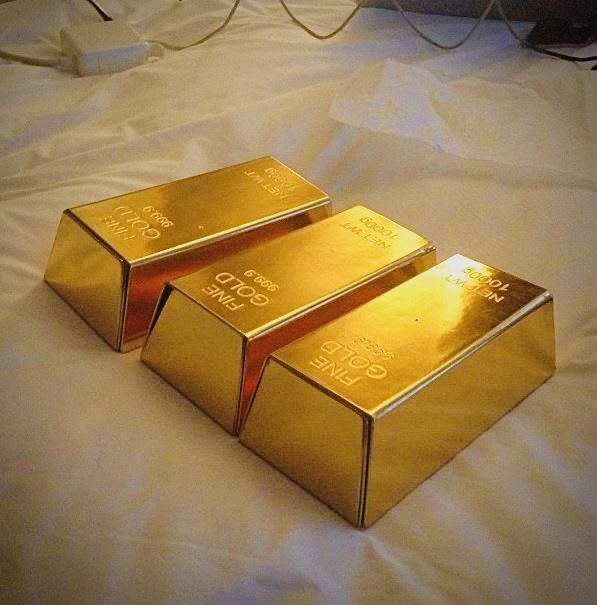In the ever-changing landscape of global politics, one thing remains consistent: the impact on financial markets, particularly the price of gold. Today, as tensions between Israel and Iran continue to escalate, we’re seeing a significant ripple effect on gold prices worldwide, even as the US dollar reaches a 34-year high against the Yen.

Why is this happening, and what does it mean for investors? Let’s break it down.
The Israel-Iran Conflict:
The ongoing tensions between Israel and Iran have been a cause for concern in the international community for years. Recent events have only heightened these tensions, with both countries engaging in verbal sparring and military posturing. Investors tend to flock to safe-haven assets like gold during times of geopolitical uncertainty, and the current situation in the Middle East is no exception.
The Impact on Gold Prices:
Gold has long been considered a hedge against geopolitical risk, as it tends to retain its value even when other assets falter. As tensions between Israel and Iran intensify, investors are increasingly turning to gold as a safe haven, driving up its price in the process. This is despite the US dollar’s recent surge against the Yen, as geopolitical concerns often outweigh currency fluctuations in the eyes of investors.
What It Means for Investors:
Investors are faced with both potential benefits and obstacles due to the surge in gold prices. On one hand, those who have already invested in gold stand to benefit from the price increase, potentially seeing significant returns on their investment. On the other hand, for those who have yet to invest in gold, the higher prices may present a barrier to entry.
Additionally, the current geopolitical climate serves as a reminder of the importance of diversification in investment portfolios. While gold may be a safe haven during times of uncertainty, it’s essential not to rely solely on one asset class. Instead, investors should consider a balanced approach that includes a mix of stocks, bonds, and other assets to mitigate risk.

Looking Ahead:
As the Israel-Iran conflict continues to unfold, it’s likely that we’ll see further fluctuations in gold prices in the days and weeks ahead. However, predicting the exact trajectory of these prices is notoriously difficult, as they are influenced by a myriad of factors, including geopolitical events, economic indicators, and investor sentiment.
In conclusion, while the US dollar’s remarkable ascent against the Yen is noteworthy, the enduring Israel-Iran conflict continues to exert profound influence on gold prices. Navigating these volatile market conditions demands a comprehensive grasp of geopolitical nuances and a steadfast commitment to portfolio diversification. As investors brace for further fluctuations, staying abreast of unfolding developments and maintaining a diversified investment strategy remain imperative in safeguarding against unforeseen risks in today’s dynamic financial environment.